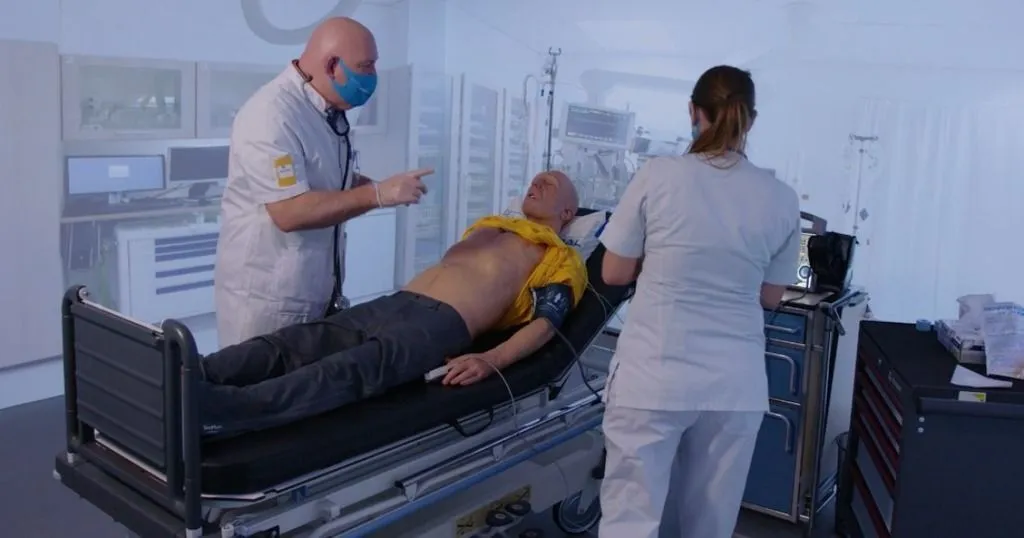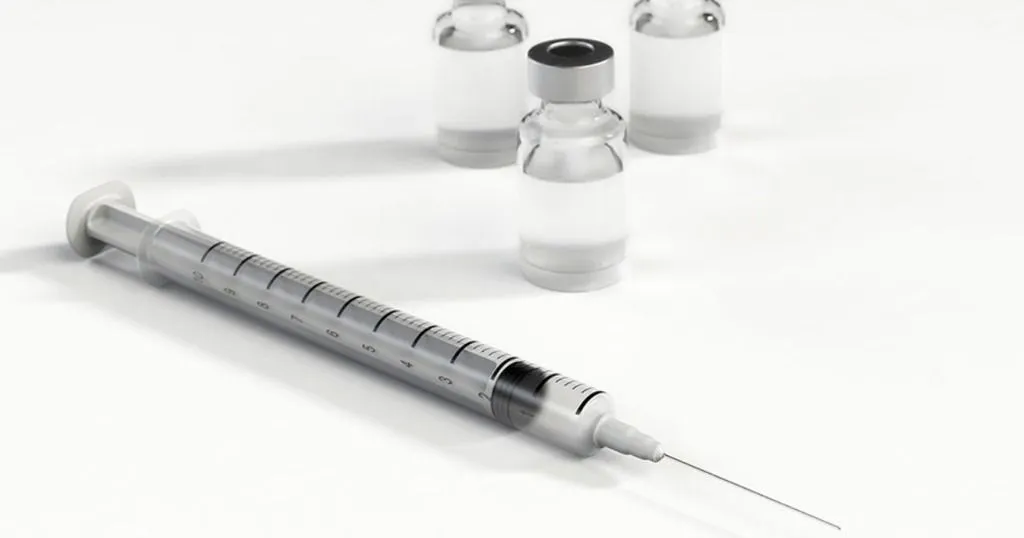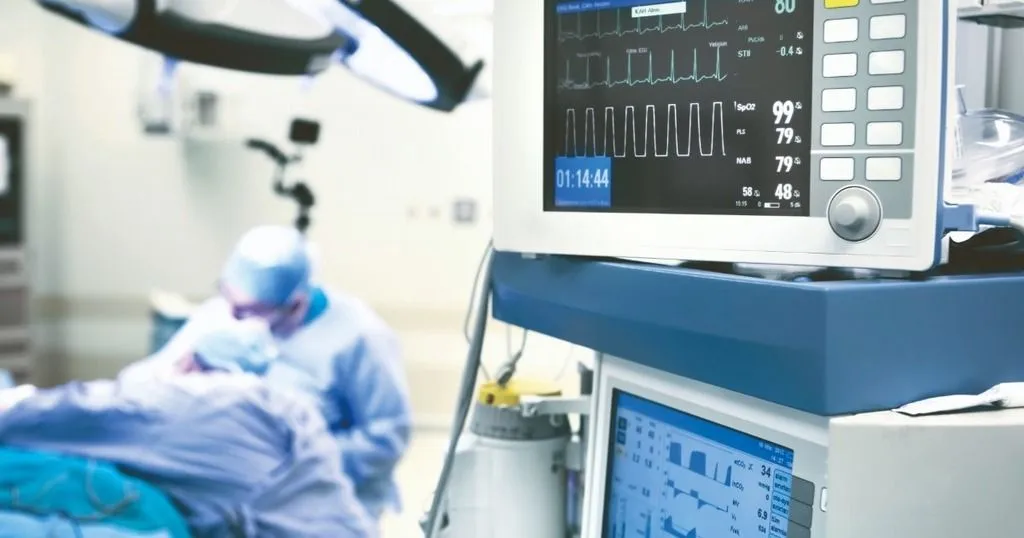Simulation-based training – it’s just like the real thing!
By conducting training sessions, students in a simulation lab develop and maintain knowledge, skills, and competencies such as interviewing skills, working with certain equipment, and teamwork procedures.
Posted by
Published on
Tue 13 Dec. 2022
Topics
| Healthcare | Medical Simulation | Patient Safety | Simulation | Simulation-based Training | Skills Training | Team Training | Teamwork | The Observer XT | Viso | Video Feedback |

A simulation lab is designed to provide a lifelike point-of-care learning experience for undergraduate and graduate students, specialists, and experts. Real-life circumstances are simulated for learners to practice tasks and processes using models such as manikins, or virtual reality.
By conducting simulation-based training sessions, students in the lab develop and maintain knowledge, skills, and competencies such as communication skills, working with certain equipment, teamwork procedures, and so on. All this can happen without any risk of, for example, patient harm.
Focus on patient safety and quality of care
Simulation is a technique for practice and learning that can be applied to many different disciplines and types of trainees. It has been widely applied in fields such as aviation, the military, and healthcare.
In a clinical setting, for instance, simulation helps to augment patient safety and improve patient care. Teamwork training conducted in the simulated environment may offer an additive benefit to the traditional didactic instruction, enhance performance, and also help reduce errors.
Simulation-based training is just like the real thing.
FREE DEMO VISO: Capture skills training sessions
Request a free demonstration to find out why AV recording tool Viso is the right tool for your educational institution!
- Easy-to-use solution
- Train and educate, enhance teamwork
- Immediate playback of recordings
What does a simulation-based training look like?
At the Child Surgical Intensive Care ward of the Erasmus MC Sophia Children hospital in Rotterdam, the Netherlands, a project was started to improve patient safety. An important condition to achieve this goal was that employees should be aware of the risks and danger of their daily acts.
Therefore, the Crew Resource Management (CRM) Training has been implemented, together with scenario training. The two-day basic CRM training at the PICU of the Erasmus MC covered seven topics: information management, communication, stress management, group processes, effective leadership and followers, decision-making, and risk management.
Under the guidance of the trainers, the participants evaluate during debriefing what went right or wrong, what insights they received, and what they would do differently next time.
More information about the scenario training can be found in the free white paper 'Simulation-based training'. Just click on the download button below.
FREE WHITE PAPER: Simulation-based training
Simulation-based training is an important part of the development and learning process of knowledge and skills.
- 5 reasons why
- Practical examples
- Innovative solutions
Repeat simulation-based training sessions
At the Máxima Medical Center in The Netherlands, multiprofessional teams are involved in simulation-based team training with caregivers in obstetric care. These teams, including ambulance staff, maternity nurses, independent community midwives, obstetric nurses, hospital midwives, residents, and gynecologists are trained in communication and teamwork skills in the simulation lab.
Results of the research conducted by Sophie Truijens and her team showed that repeating team training sessions is of the utmost importance. The research team observed that both trainees and trainers benefit from recording the training scenarios on video, since this provides the opportunity to evaluate medical skills and non-medical skills in a more objective manner. Additionally, the video recordings proved very illustrative for self-evaluation.
Also read: the guest blog of Sophie Truijens with full details about her study.
Education of teamwork skills
The study performed by Annemarie Fransen and her team consisted of a large cluster-randomized controlled trial that evaluated the effect of simulation-based obstetric team training. Twelve of the 24 participating hospitals received the intervention: a one-day, multi-professional, simulation-based obstetric team training that was provided in a medical simulation center.
In total, 74 multi-professional teams, including 471 trainees, had to manage five simulated obstetric emergencies. The debriefing was provided after each scenario by a medical specialist and communication expert, which mainly focused on the education of teamwork skills.
A few months later, teamwork performance was measured using the Clinical Teamwork Scale. The teams from the intervention groups showed better results on the Clinical Teamwork Scale. Besides, they used predefined essential medical skills more often, in comparison to the teams in the control group.
Read more details on this study in the guest blog of Annemarie Fransen.
References
Truijens, S.E.M., Banga, F., Fransen, A., Pop, V., Runnard Heimel, van P. & Oei, G. (2016). The effect of multiprofessional simulation-based obstetric team training on patient-reported quality of care: a pilot study. Simulation in Healthcare 2015, 10, 210-216.
Fransen, A.F.; van de Ven, J.; Schuit, E.; van Tetering, A.; Mol, B.W. & Oei, S.G. (2017). Simulation-based team training for multiprofessional obstetric care teams to improve patient outcome: A multicentre, cluster randomised controlled trial. BJOG,124, 641-650.
Related Posts

What is simulation-based training?

Investigating the relationships between the immune system and the brain
